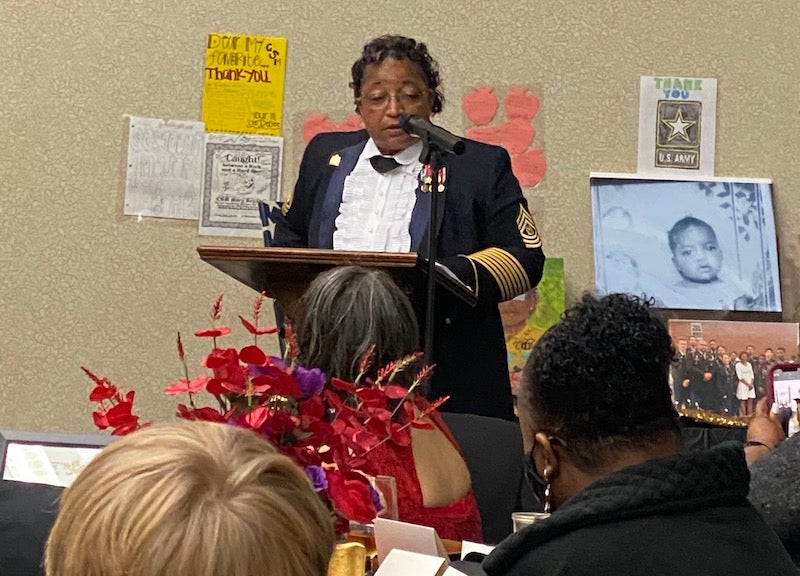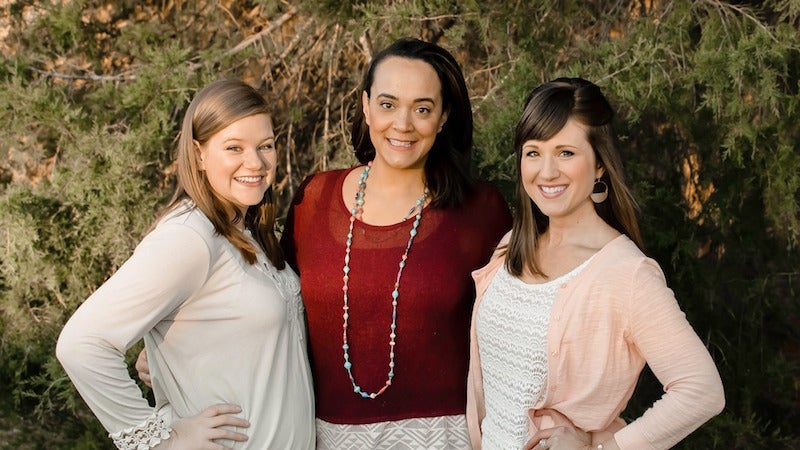No-nonsense guide to effective leadership skills, Part 8
Published 11:57 am Monday, January 15, 2018
By JOHNNY CARCIOPPOLO / Community Columnist
Effective leadership skills aren’t something you use once in a while. They are daily habits. Adopting these habits into your daily routine can help you improve your leadership skills.
- Continue to learn something new. It might be a course you take or a podcast you listen to. It could be learning from your mentors and peers or from books. It doesn’t matter how you learn, as long as you spend time every day learning something.
- Have a routine. It doesn’t have to be set in stone but it should be as consistent as possible. A routine helps you stay better focused on demanding tasks.
- Smile and be approachable. A good leader has a positive and happy attitude.
- Have casual conversations with everyone you work with. Make connections with others that help you build relationships.
- Ask questions. Listen intently to the answers.
- Act on constructive feedback about your leadership style.
- Focus on what really matters. Set goals and work on them daily.
- Recognize when you are being indecisive. And then make a decision.
- Spend time with people outside your own demographic group as well as with other companies.
Incorporating these daily leadership qualities into your daily routine affects how well you can implement them as a leader.
The Next Step
As you can see, being a leader is more than just managing others. It’s a lot deeper and requires more skill than micromanaging. Leadership is a hot topic in the business world. What distinguishes effective leaders from mediocre ones? Although a lot of effective leadership skills are common sense, most of the skills can be learned. You can develop good listening and communication skills by working on them every day. The same can be said for many of the other qualities of an effective leader. Effective leaders know what type of leadership style their team or project calls for. They are decisive but have a sense of humor and are creative. They spend time getting to know their team members.
The first thing for you to do when determining your leadership style is to decide on what the project calls for. Is it for experienced workers who need very little supervision? Or are the team members new and inexperienced? Have you built a relationship with the team members or is everyone new? Building effective leadership skills takes working on every day. Mistakes happen, but if you learn from those mistakes, you can grow and become a better leader.








